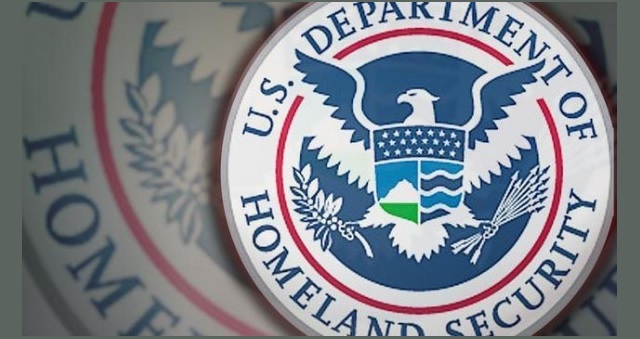The Unitarian Universalist Service Committee advances human rights through grassroots collaborations.
Syria TPS Decision Provides Needed Relief, but Not Nearly Enough

February 1, 2018
The Unitarian Universalist Service Committee (UUSC) welcomes reports that the Trump administration has decided to renew Temporary Protected Status (TPS) for nearly 6,000 Syrians living in the United States, while expressing dismay and consternation that this provision will not cover Syrians arriving after August 1, 2016.
In the lead up to this decision, the Department of Homeland Security (DHS) had the option of re-designating Syria for TPS, rather than merely renewing. A re-designation would have allowed more recent Syrian arrivals to apply for the status. In previous extensions, TPS for Syrian nationals has been re-designated as well as renewed.
It is difficult to imagine a country that more directly fits the criteria for re-designation than Syria. It is in the midst of an ongoing civil war that has generated the world’s largest contemporary refugee crisis and taken the lives of at least 400,000 people. The new administration’s refusal to take the step of re-designation is impossible to reconcile with DHS Secretary Kirstjen Nielsen’s admission that “the conditions upon which Syria’s designation was based continue to exist.”
The failure to re-designate Syria also provides further disturbing evidence that the administration grounds its TPS decisions in xenophobia and bias, rather than the individual country assessments that Congress intended when it created the TPS program in 1990.
In November, the Trump administration ended TPS for 59,000 Haitian nationals, despite the country’s ongoing natural disaster recovery and recent disease outbreaks. In early January, they likewise announced the end of TPS for nearly 200,000 immigrants from El Salvador, in the midst of extreme violence and other major social disruptions in that country. The NAACP has filed a lawsuit charging that the TPS decision for Haiti was racially motivated, citing abundant evidence of the administration’s prejudice against TPS holders.
As with these other TPS decisions, DHS’s refusal to re-designate Syria did not occur in a vacuum. President Trump campaigned on a pledge to institute a “Muslim Ban,” and his rhetoric on both the campaign trail and in office has made Syrian refugees a frequent target of fear-mongering.
Further, last week marked the one-year anniversary of the administration’s failed attempt to implement a discriminatory ban on refugees and travelers from Muslim-majority countries, including Syria. Despite being struck down by multiple courts, the Trump administration continues to impose new versions of the order on Syrian nationals, including new restrictions announced Monday that will make it harder for refugees from Syria and ten other countries to reach safety in the United States.
The administration’s political and biased use of TPS bodes ill for immigrant communities whose futures depend on DHS renewal decisions later this year. These include Nepal in April, Yemen in July, and Somalia in November. All of these countries are sites of ongoing recovery efforts from recent natural disasters or devastating armed conflicts to which the U.S. government has directly contributed.
UUSC urges the administration to honor the humanitarian purpose of the TPS program, rather than wield it as a nativist, political cudgel. In the meantime, Congress should act to pass permanent legislative solutions for long-term TPS holders, who are all members of our shared community.
